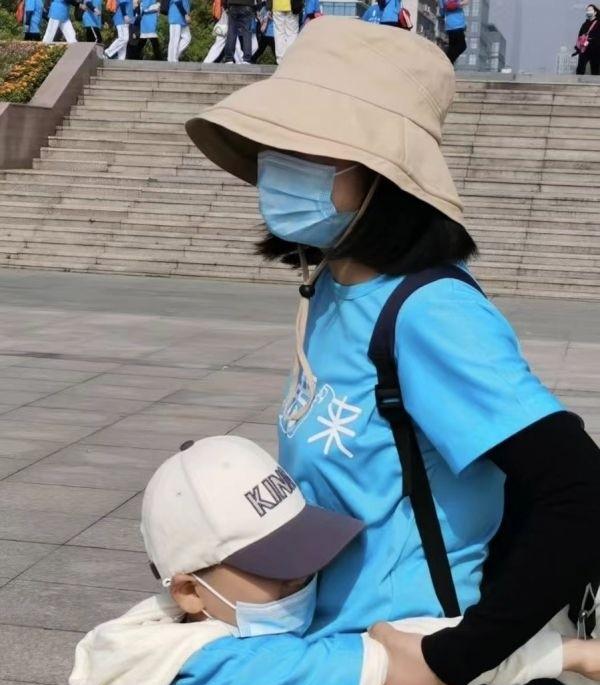Yangtze River Daily Wuhan client, April 2 (reporter Mao Yin) Autism caregivers (parents) have become a high-risk group of mental illness because of long-term sustained psychological pressure, and they are also a group that needs to be paid attention to and cared for. Zhu Wenqin, the founder of Wuhan Snail Home, is a 12-year-old mother of a special child, and on the 2nd, she said in an interview with the Yangtze River Daily reporter that families with autistic children should fight a lifelong battle.

Caregivers for autism.
Little D, 12 and a half years old, came to snail school in March 2021, and the core obstacle of autism was vividly reflected in him - no effective social language, and more repetitive stereotypes. His stereotypical behavior seriously affected his life: he did not drink boiled water, only drank drinks such as Coke and Sprite; did not eat any vegetables and fruits, only meat; and only ate Wangwang snow cakes for snacks. Countless times he tried to feed him some boiled water, and even if a drop of water entered his mouth, he would vomit and run to rinse his mouth. In order to make him accept boiled water, he tried countless ways to give him a clove of oranges, an apple, a banana, and a mouthful of watermelon when he was thirsty. These things are not a thing in ordinary families, and they are even more difficult to care for children with autism.
Eighty or ninety percent of parents in confirmed families have thought about committing suicide with their children. The Blue Book of Chinese Autistic Family Needs surveyed 71 institutions and more than 4,100 autistic parents and found that 43.8% of them could not accept the fact that their children were diagnosed with autism, and 22.5% of them began to arrange rehabilitation training for their children after they were not diagnosed.
"The most likely problems for caregivers of autistic patients are depression and anxiety", Tang Jun, director of the Child Rehabilitation Department of Wuhan Mental Health Center, suggests that caregivers should pay more attention to their physical and mental health:
1. Make it clear that it is "not your fault" that the child is sick;
2. Distinguish whether you are caught up in the "uncertain fear" of the future;
3. Think "selfishly" for yourself every day, even if it only takes 10 minutes;
4. Improve adaptation to "stigmatization";
5. Record the changes in your emotions;
6. Talk to someone and ask for help.
【Editor: Lina Yu】
For more exciting content, please download the "Greater Wuhan" client in major application markets.